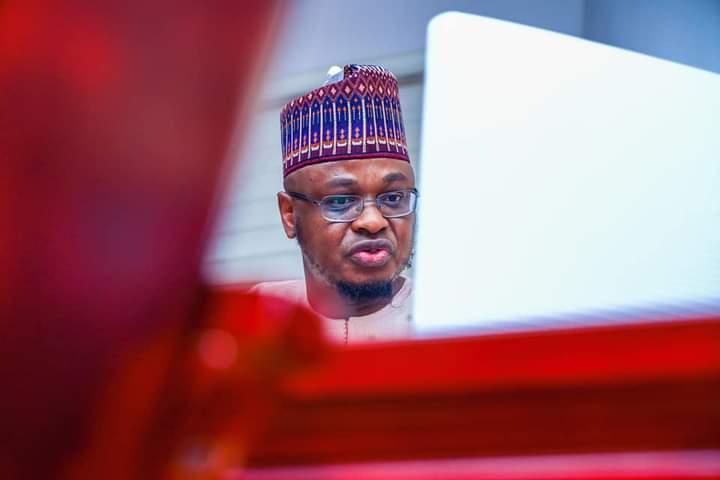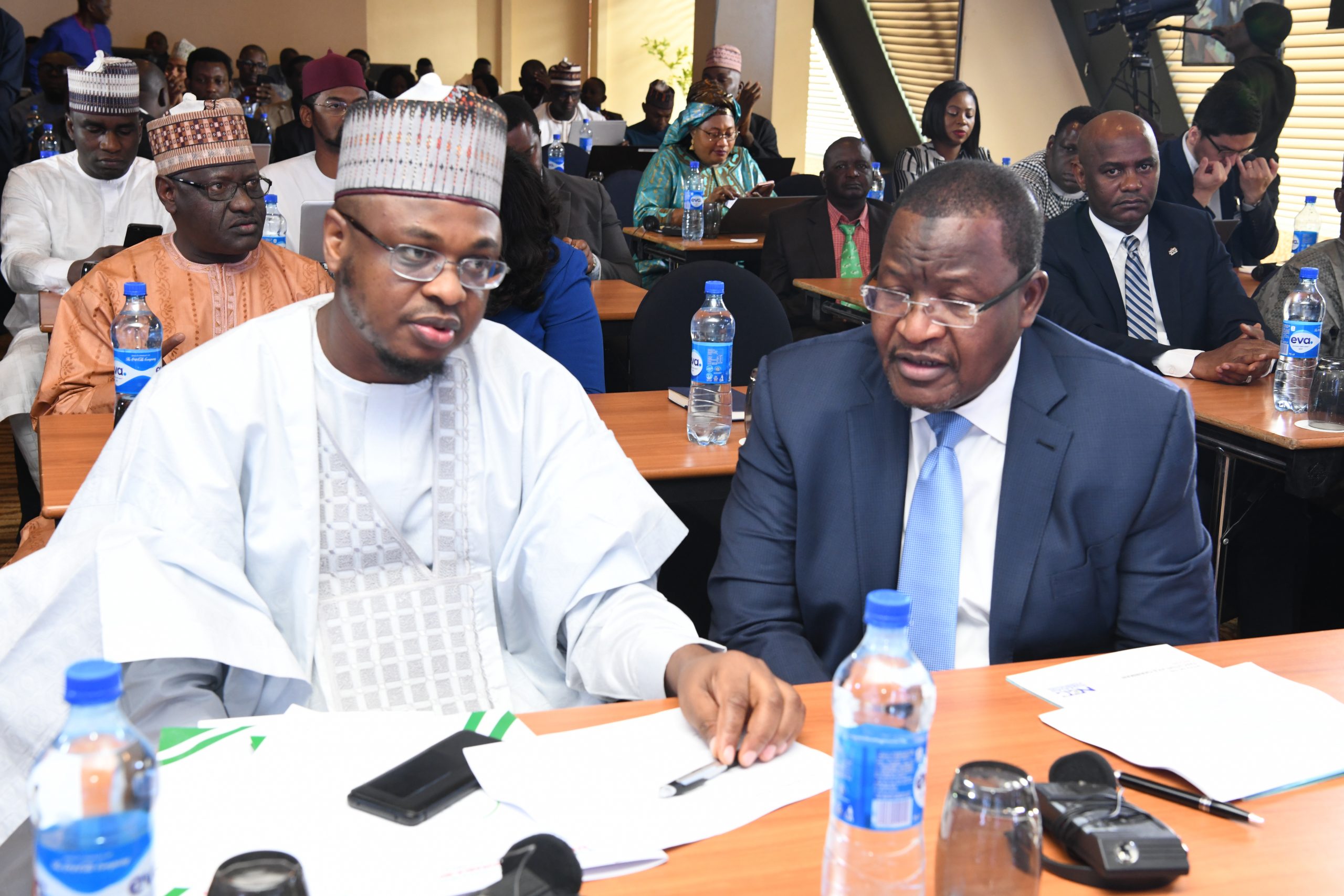Minister of Communications and Digital Economy, Prof. Isa Ali Ibrahim Pantami, has applauded consistent growth in Information and Communication Technology (ICT) contributions to the nation’s Gross Domestic Product (GDP), which hit 17.92 per cent in the last quarter of 2020, and in the first quarter of 2021, and continued on an impressive trajectory.
The Minister, who gave the figures at the opening of the International Telecommunication Union (ITU’s) – (Foreign, Commonwealth and Development Office) FCDO Roundtable, and Technical Workshop on Building Capabilities for Sustainable and Inclusive Digital Transformation in Nigeria, said this “percentage is unprecedented, and this is only the contribution of ICT to our GDP without calculating digital services”.
Pantami said digital access and connectivity have become a necessity, as they play an increasingly vital role in our everyday lives and have become key drivers of the Fourth Industrial Revolution.
The Minister assured his audience, including representatives of ITU, FCDO, and other international agencies, embassies, and the Executive Vice Chairman of the NCC, Prof. Umar Garba Danbatta, that the “Federal Government understands that enormous private sector support, as well as support from international organisations, are essential to enable us to realise our lofty goals for Nigeria’s digital economy and this has informed our decision to partner with key international organisations such as the ITU and FCDO.
“The digital age is upon us, and all relevant stakeholders must be prepared for the enormous but inevitable change that will occur,” he said.
The Minister also assured of the Federal Government’s committed to the development of the digital economy, with a promise that “the Nigerian government will ensure that all critical infrastructure is made available for the facilitation of digital connectivity, transformation and ultimately, the realisation of a robust digital economy”.
The Executive Vice Chairman (EVC) of the Nigerian Communications Commission, NCC, Professor Garba Danbatta revealed that the Federal Government’s policies in the communications and digital economy sector are already yielding positive results including a reduction in the access gap, improved digital financial inclusion and a steadily increasing contribution to the GDP.
He stated that the sector has remained the most resilient in the country while stressing that the Commission recognizes the need to do more in strengthening the telecommunication sector and improving internet penetration.
“As of the end of 2021, the estimated population of people living in the underserved areas declined from 31.16 million in 2019 to 28.87 million in 2021, and the access gaps reduced from 227 to 114,” he said.
Danbatta assured that the Commission will not rest on its oars in supporting Internet penetration and improvement of services but prepared to support internet penetrations and digital skills to give concrete expressions to policies and initiatives to close identified gaps.
“The Commission is quite conscious of the need to do more and considers this Roundtable as another opportunity to gather feedback as well as expert opinions of participants. Therefore, all participants are enjoined to contribute freely and recommend measures that will further support Nigeria in meeting its connectivity target and develop a robust digital economy. We look forward to the outcome of your deliberations and expect feedbacks that will deepen the conversations on policies and initiatives for digital access and connectivity in Nigeria,” the EVC urged participants.




